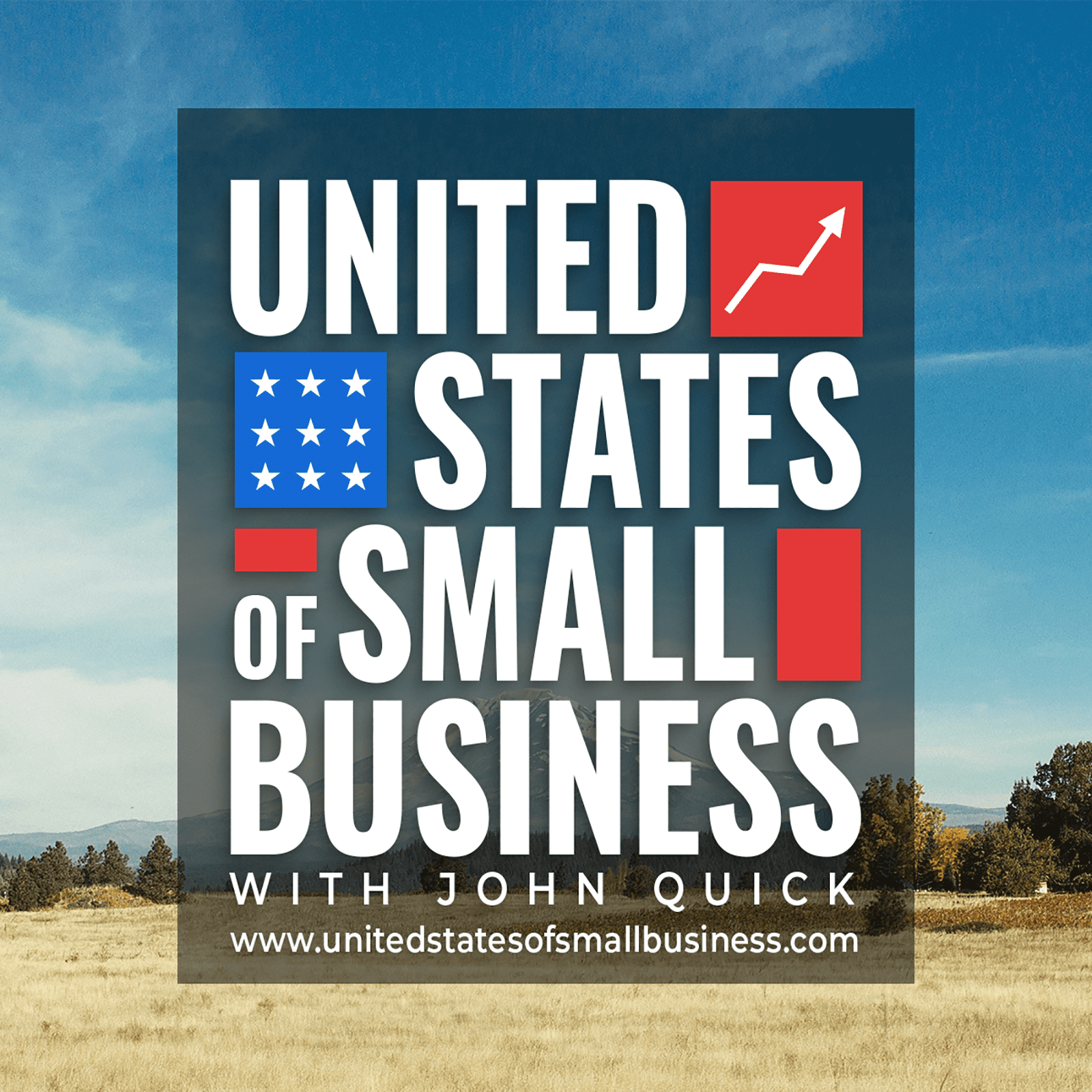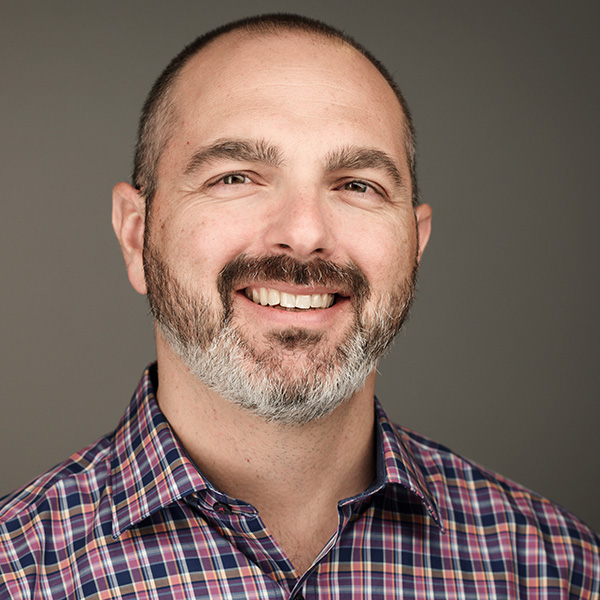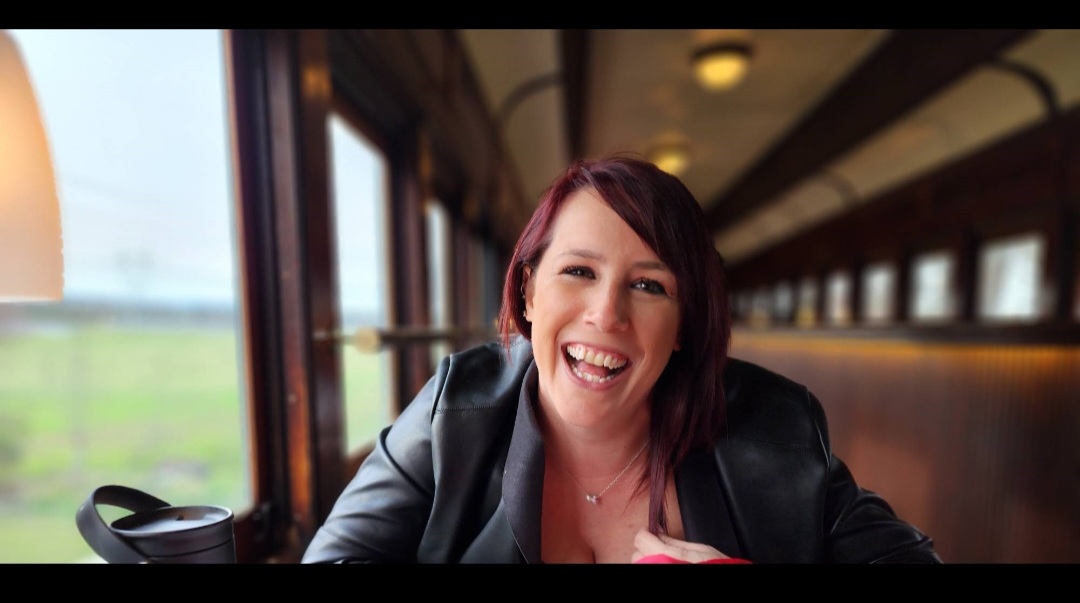Ideation vs Ideology: Part Two

Some years ago, I wrote the first piece in what’s now, with the publishing of this piece, turned out to be a series. Who knew?
A common expression says there are no guarantees in life. Since, as Grandpa O’Brien loved to say (among a million other things), “It’s the exception that proves the rule,” there is at least one exception. It’s this: If someone ever tells you he doesn’t have an ideology, it’s unequivocally and unfailingly guaranteed he has an ideology.
Ideology is a form of blindness. I’m never sure if ideologies render people unable or unwilling to see and hear. It doesn’t matter. People with ideologies will not recognize anything that doesn’t conform to their empirical expectations. They won’t hear anything that doesn’t happen to be reverberating in their echo chambers of choice. Once they’re ideologically locked in, all the evidence in the world will be like so much water off the backs of so many ducks.
As just one example out of countless others, if you were to tell someone who’s ideologically committed to anthropogenic climate change that the sun is the biggest influence on the climate of the planet indicated by the arrow pointing to it below, you’d be called a climate denier, at the very least. It’s more likely you’d be banned, cancelled, ridiculed, vilified, and accused of anything and everything the growing Grievance Industry can fabricate to level at you.

Image courtesy of Wikimedia Commons under the Creative Commons Attribution-Share Alike 4.0 International license.
In the interest of sustaining your chosen narrative, you’d ignore this and this, along with myriad other pieces of empirical evidence. You’d go along with politicians and unelected globalists who commit obscene amounts of your tax dollars to subsidies and wealth redistribution schemes. And you wouldn’t just take those subsidies and wealth redistribution schemes seriously. You’d happily pay for them at your own expense. As a result of ideology, we end up with emotion, a pathological proclivity to dive down unexamined rabbit holes, chronically jerking knees, greed, unimaginable levels of shortsightedness, a pandemic of gullibility, and the immutable law of unintended consequences.
Chances are we all have ideological predispositions toward everything from COVID to the Middle East, from economics to the protection of once-sovereign borders. There isn’t much room for empiricism in a world governed by emotion and ideology.
The moment you say that any idea system is sacred, whether it’s a religious belief system or a secular ideology, the moment you declare a set of ideas to be immune from criticism, satire, derision, or contempt, freedom of thought becomes impossible. (Salman Rushdie)
What’s Your Motivation?
sovereignty (noun)
- the quality or state of being sovereign
- rightful status, independence, or prerogative
- a sovereign or independent state, community, political unit, or individual
Does anyone have any idea what we’re doing? Does anyone have any idea why we’re doing it? Why are we giving up our sovereignty — our authority, our right, our power, our dominion, our obligation — to think and to question? Why do we accept so much so blithely? And why do we allow all that we accept so blithely to divide us so? We agree on more than we might imagine. But we thoughtlessly accept what we’re being told, regardless of the fact that so much of what we’re being told divides us. We ignore the fact that we’re being told not to question it and abdicate our responsibility to ask why.
Ideology knows the answer before the question has been asked. (George Packer)
Let’s accept that there are two fundamental sources of motivation in the world. Those motivations are fear and hope. Now ask yourself: Have you ever met an ideologue who didn’t hate? Have you ever met an ideologue whose biggest fear didn’t drive him to hatred of that which he feared most? Have you ever met an ideologue whose biggest fear wasn’t an idea, a concept, a perspective, a philosophy, a story with more than one side? Neither have I.
People who are motivated by hope — presuming, of course, they aren’t deliberately stupid or blindly naïve — have far less to fear than those whose fear motivates them to ideologically driven hatred. If people who hope believe they can do something — if they have senses of their agency and want to achieve that something passionately enough — they likely will. Conversely, if people are ideologically driven to fear and hatred of the other to the extent they believe they can’t do that something, they’ll likely be self-fulfillingly correct. What a shameful waste.
How and why did we become so motivated and divided by ideology and fear? Why are we so cowed by complexity? There are very few simple things or simple answers in the world. We need all of our faculties, including hope and self-faith, to figure them out.
We need ideas — creative open-mindedness and hopeful acceptance — not fearful ideology.
There is a tendency, especially today, to reduce all political analysis to an ideological formula, and to judge everything according to this formula. Such a reduction is usually erroneous, even dangerous, when applied to a complicated world. It is, of course, easier to simplify everything in order to make it more comprehensible. But the world does not become simpler when we ideologically simplify. We become simpler – to the point of stupidity. (J.R.Nyquist).
Originally Published on https://www.bizcatalyst360.com/category/lifecolumns/notes-to-self/



























Already a Member? Login Here.
Not Yet a Member? Join the Conversation Today!